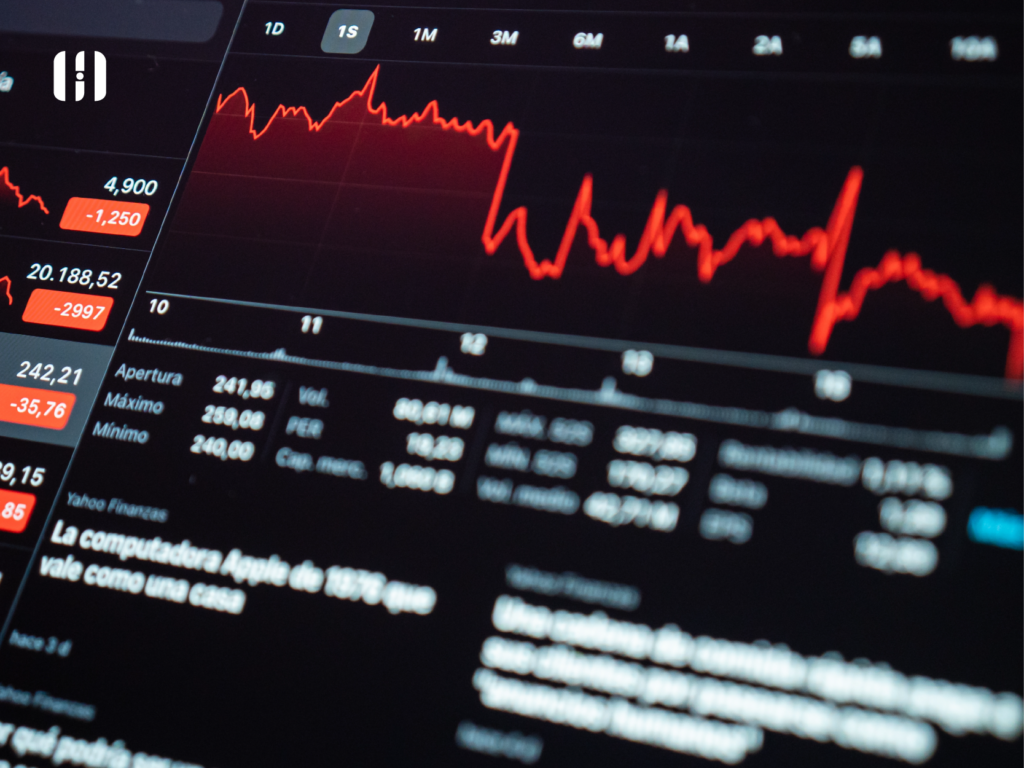At Hedeker, we help our clients anticipate the structural shifts that are reshaping markets. One of the most significant movements in Latin America — and particularly in Mexico — is the transition toward a less cash-dependent economy. This shift is not only inevitable; it opens new opportunities for efficiency, financial inclusion, and economic transparency.
Today, Mexican banks play a leading role in this transformation. From implementing new technologies to actively promoting digital payment methods, financial institutions are at the forefront of initiatives aimed at changing how people interact with money. Reducing the use of cash is not merely a matter of operational efficiency; it is a core strategy to combat informality, reduce security risks, and expand access to faster, safer, and more accessible financial services.
According to data from the Bank of Mexico and the Mexican Banking Association (ABM), one of the sector’s main objectives for the coming years is to accelerate the adoption of digital tools by both consumers and businesses. Platforms such as CoDi (Digital Collection), the expansion of electronic wallets, and the rise of mobile banking apps have shown there is a strong demand for modern, practical alternatives. The pandemic acted as a catalyst: millions of people discovered the benefits of contactless payments, digital transfers, and mobile banking.
This paradigm shift brings significant opportunities but also major challenges. Financial digitalization must be inclusive. That means closing the digital divide, promoting financial education, and ensuring cybersecurity. User trust is essential to the success of these platforms, which is why banks are actively working to strengthen data protection systems and prevent fraud.
From an investment perspective, the shift toward a digital economy unlocks unique opportunities in sectors such as fintech, digital infrastructure, and intelligent payment solutions. At Hedeker, we closely follow initiatives that promote system interoperability, support data-driven business models, and foster partnerships between traditional banks and tech startups.
But the transformation goes even further. Digitalization is changing not only how we pay, but also how we analyze, finance, and manage economic activity. Tools like artificial intelligence, data analytics, and blockchain are redefining the role of banking in the 21st century. The institutions that can adapt quickly will lead the next wave of financial growth in Mexico and beyond.
In summary, reducing the use of cash is not the end goal — it is the beginning of a more connected, modern, and transparent economy. At Hedeker, we firmly believe this evolution represents not only a structural shift, but a major opportunity for all financial ecosystem stakeholders.




